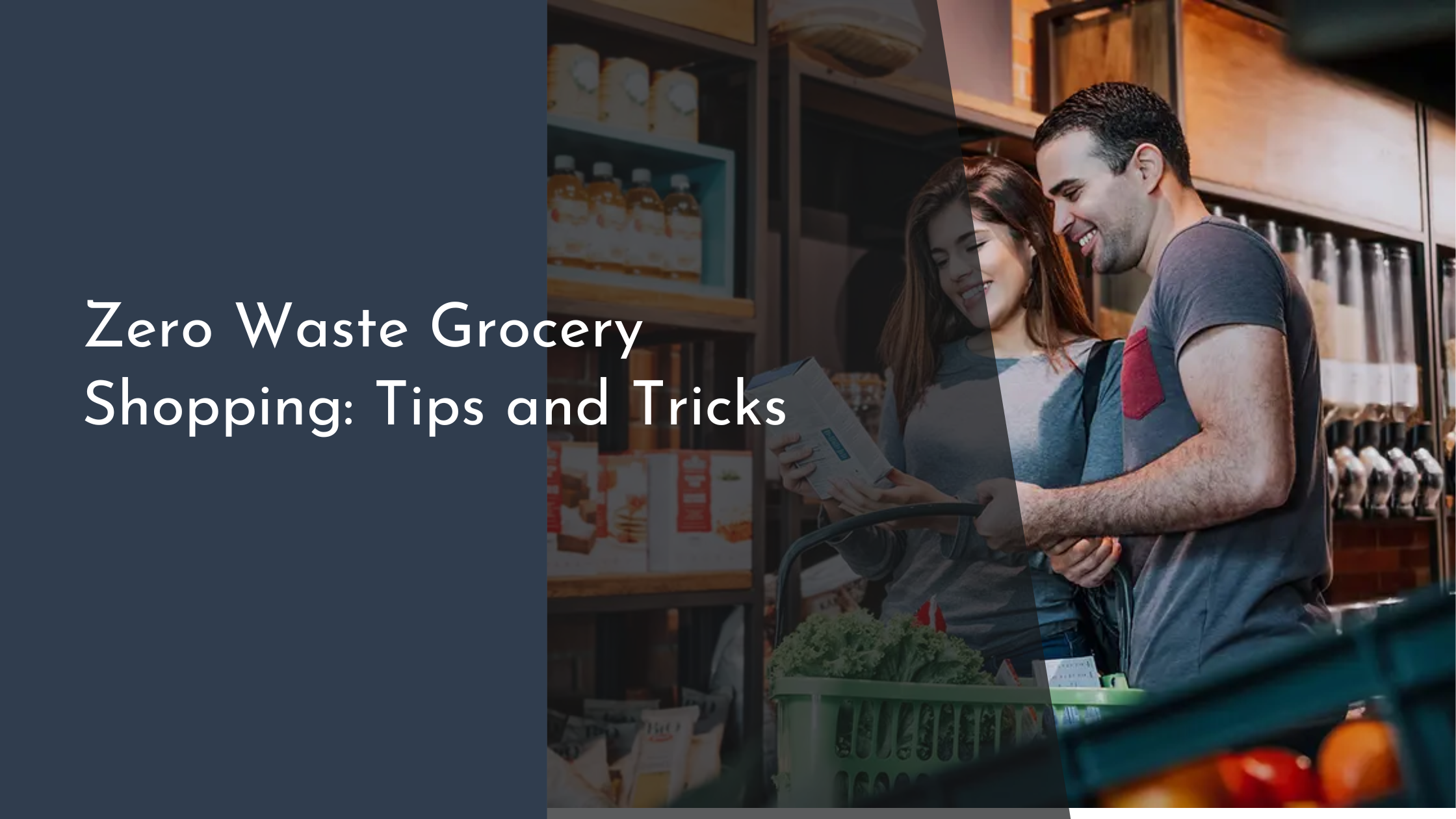Zero Waste Grocery Shopping: Tips and Tricks
In a world increasingly conscious of environmental issues, the zero waste movement has gained significant traction. One of the most impactful areas where individuals can make a difference is in their shopping habits. Transitioning to zero waste grocery shopping might seem daunting at first, but with the right mindset and tools, it can become a seamless part of your routine. This article provides a comprehensive guide to understanding the zero waste movement, the essential tools you’ll need, smart strategies to minimize packaging waste, and tips on choosing the right stores and markets.
Understanding the Zero Waste Movement
The zero waste movement is more than just a trend; it’s a lifestyle choice that aims to minimize the amount of waste sent to landfills and incinerators. At its core, the movement encourages individuals to rethink their consumption habits and prioritize sustainability. It’s about adopting a circular mindset, where resources are reused and repurposed as much as possible. This approach not only helps the environment by reducing pollution but also often results in more mindful living and can save money in the long run.
Adopting a zero waste lifestyle involves making small, practical changes in your daily habits, especially when it comes to shopping. By understanding the principles of the movement, such as refusing unnecessary packaging, reducing consumption, and prioritizing reusable products, individuals can make significant strides toward a more sustainable lifestyle. Embracing zero waste shopping is a simple yet powerful way to contribute to a healthier planet and promote environmental awareness within communities.
Essential Tools for Zero Waste Shopping
Embarking on a zero waste shopping journey requires some essential tools to help reduce reliance on single-use plastics and other disposable items. Reusable bags are perhaps the most fundamental tool in any zero waste shopper’s arsenal. Made from materials like cotton, hemp, or durable synthetics, these bags are perfect for carrying groceries and can last for years. Additionally, tote bags, mesh produce bags, and lightweight cloth bags are invaluable for shopping and storing fruits, vegetables, and bulk items without the need for plastic packaging.
Another vital tool for zero waste grocery shopping is the use of glass jars and containers. These are perfect for buying bulk items like grains, nuts, seeds, and spices directly from bulk bins. Not only do they minimize waste, but they also keep food fresh for longer periods. Investing in a set of various-sized containers simplifies this process and ensures that you’re always prepared for a zero waste shopping trip. Moreover, having a reliable set of reusable utensils and straws can further support your zero waste goals when dining out or enjoying takeout.
Smart Strategies to Reduce Packaging Waste
One of the most effective strategies for reducing packaging waste is to buy in bulk whenever possible. Bulk shopping not only reduces the need for packaging but often results in cost savings. Many grocery stores now have bulk sections where you can fill your own containers with items like grains, nuts, and dried fruits. By doing so, you eliminate the excess packaging that comes with pre-packaged products and contribute to a more sustainable shopping experience.
Another smart tactic is to prioritize purchasing items that come with minimal or sustainable packaging. Look for products packaged in recyclable or biodegradable materials, such as glass, metal, or paper, instead of plastic. Choosing local or seasonal produce can also significantly reduce packaging waste, as these products typically have fewer packaging requirements. Additionally, supporting brands that emphasize sustainability and reduced packaging encourages more companies to adopt eco-friendly practices.
Choosing the Right Stores and Markets
When it comes to zero waste grocery shopping, choosing the right store or market can make all the difference. Farmers’ markets are a fantastic option, offering an array of fresh, local produce with minimal packaging. Many vendors at these markets are open to customers bringing their own bags and containers, aligning perfectly with zero waste principles. Shopping at farmers’ markets not only supports local farmers but also reduces the carbon footprint associated with transporting goods over long distances.
Health food stores and co-ops are also excellent choices for those pursuing a zero waste lifestyle. These establishments often provide bulk sections where customers can purchase items using their own containers. They are typically more attuned to sustainability issues and might offer a wider range of organic and eco-friendly products compared to conventional supermarkets. By choosing to shop at these stores, individuals can make more environmentally conscious decisions while enjoying a diverse selection of products.
Transitioning to zero waste grocery shopping is a meaningful step toward a more sustainable lifestyle. While it may require some initial adjustments, the long-term benefits for the environment and your personal well-being are significant. By understanding the zero waste movement, equipping yourself with the right tools, employing smart strategies to reduce packaging, and selecting the right stores, you can make a positive impact with each shopping trip. Embrace the challenge, and take pride in knowing that your efforts are contributing to a healthier planet for future generations.

